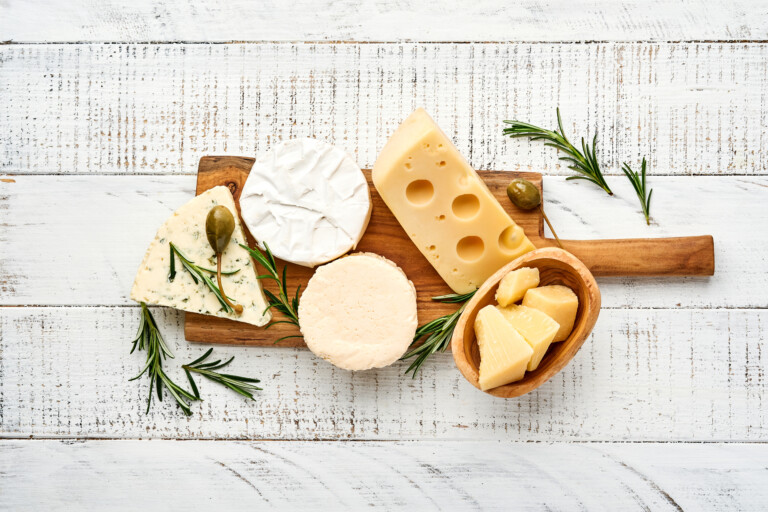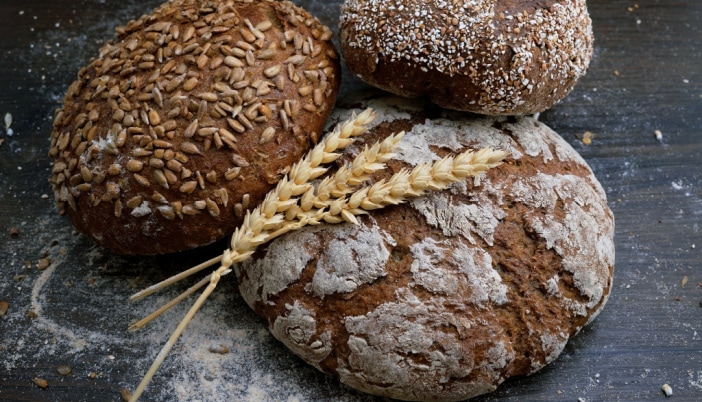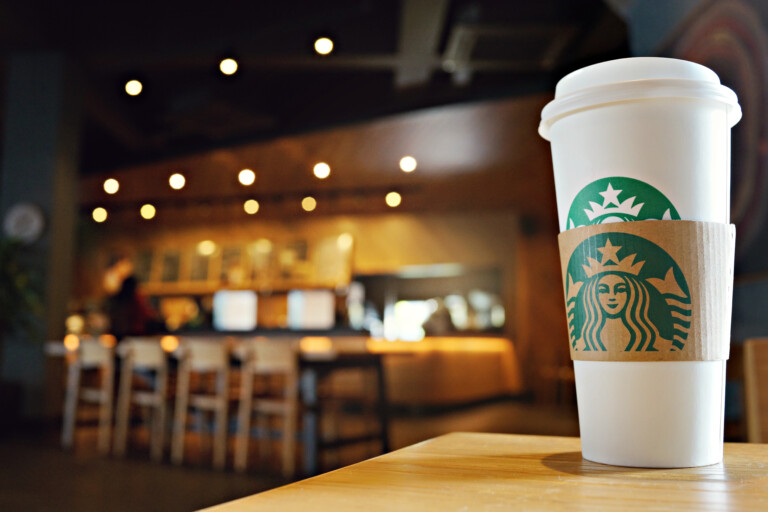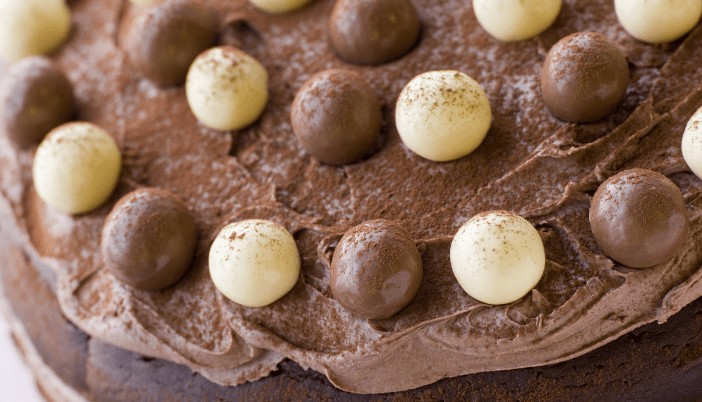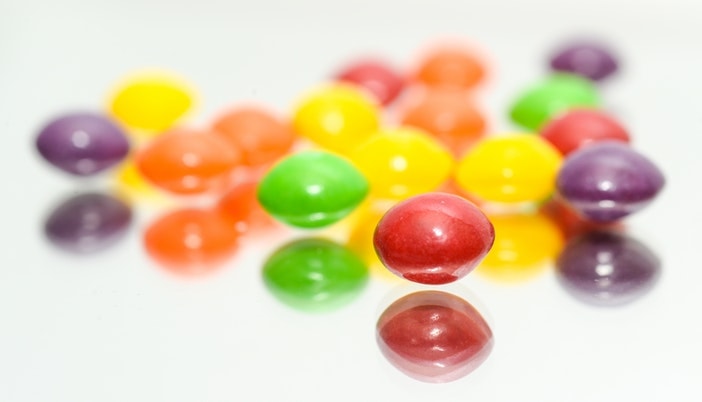Is Raisin Bran Vegan?
Raisin bran is a common cereal you might have in your cupboard. It can make for a nutrient-fortified breakfast, and it’s often seen as a healthy start to your day.
Forming a rich source of fiber, raisin bran contains a source of natural fruit in the form of sultanas, highly fibrous wheat bran, and added milk, an easy source of calcium for the everyday family.
But for those following a vegan diet, eating raisin bran is less straightforward. You might be wondering if raisin bran is vegan or not, or how to make your own vegan raisin bran.
Read more to see why raisin bran isn’t as vegan as it appears.
As an Amazon Associate, I earn from qualifying purchases. The links below may be affiliate links. Please read my disclosure policy for more information.
What is raisin bran?
Raisin bran is a breakfast cereal, made with raisins and flakes of bran, a fibrous wheat byproduct. It is also known as sultana bran.
Raisin bran is manufactured by many large companies and is often eaten as breakfast cereal for its purported health benefits. The most common brand of raisin bran is Kellogg’s Raisin Bran.
You might be familiar with raisins, but what exactly is bran?
Is bran vegan?
Bran refers to the hard outer layers of any cereal grain. It is a byproduct of milling grains in general, such as wheat and rice.
The bran found in raisin bran tends to be wheat bran. It is often cited as a good source of fiber, protein, and vitamins, and for this reason it is often used to enrich other food.
Bran is found in many different grains, such as maize, rice and millet. However, it is distinct from chaff, which is a material that coats the grain.
Chaff is a waste product produced in cereal grain production and is inedible. In its natural form, bran is entirely vegan.
What is raisin bran made of?
Commercials brands of raisin bran contains more than raisins and bran flakes. So what do commercial raisin bran brands contain?
You’ll find wholegrain wheat in most raisin bran brands. This is not only naturally vegan, but ideal for reducing cholesterol levels.
Raisins or sultanas are added, which are sweet but digest slower than other fruits due to their high levels of fiber.
That means glucose is released in your bloodstream throughout the day.
Wheat bran is found in the form of flakes. Bran is a fibrous byproduct of wheat production, and niacinamide, a commonly found form of vitamin B3, helps the metabolism turn nutrients into energy.
Vitamins and nutrients like vitamin B2, B6, B12, as well as folic acid are often added to raisin bran to fortify it, but this varies depending on the brand.
Check the box to find the most accurate summary.
Raisin bran may also contain sugar and brown sugar syrup. These might appear to be non-problematic additions, but not only are they unhealthy, they can also be potentially non-vegan.
If the packaging is unclear, it can be worth it to contact a customer service representative and clarify the source of the nutrients.
The point of greatest concern for those following a vegan diet is the inclusion of vitamin D3. Although vitamin D3 is an important nutrient in any diet, vitamin D3 tends to be derived from non-vegan sources.
Notably, Kellogg’s Raisin Bran contains non-vegan vitamin D3. If the packaging is unclear, contact a representative of the brand.
The softness of dried fruits is often ensured via preservatives such as glycerin. In particular, Kellogg’s uses a non-vegan source of glycerin to coat their fruit in Raisin Bran.
However, glycerin can be derived from plants. It’s best to contact the brand themselves to ask about the supply chain of these ingredients.
Is raisin bran healthy?
The popularity of raisin bran doesn’t just come from taste alone. Raisins and bran are both rich sources of important nutrients, fiber, and minerals, and can form a quick and filling breakfast that releases its energy across the day.
However, not all raisin bran is the same, and as we can see commercial raisin brans contain a great deal more than just sultanas and bran flakes. Generally, raisin bran can be healthy, but watch out for additives that can be problematic.
Is raisin bran bad for you?
Although raisin bran can form part of a healthy breakfast for many people, commercial brands contain high amounts of sugar. For instance, Kellogg’s Raisin Bran has actually been given a low nutrition rating by Consumer Report.
The USA’s WIC program, which supplements everyday purchases for low-income families in America, as of 1991 did not supplement the purchase of Kellogg’s Raisin Bran, citing the high sugar content.
Surprisingly, it has a higher sugar content per serving than Lucky Charms, or Reese’s Puffs, both competing cereal brands considered to be sugary.
Sugar should be eaten in small amounts, as it can drastically impact blood glucose. In large amounts, blood glucose can increase chances
Bran also naturally contains phytic acid, an antinutrient. These antinutrients prevent nutrient absorption and can cause food to stagnate undigested in our stomachs, leading to gassiness.
Why is raisin bran not vegan?
Many commercial raisin brans are not vegan. In particular, Kellogg’s Raisin Bran is not suitable for vegans.
Unfortunately, this is because most breakfast cereals include ingredients with non-vegan sources.
The primary issue is that the food is fortified with vitamin D3. While vitamin D3 is not inherently bad for vegans, commercial brands tend to fortify these cereals cheaply, which often involves non-vegan sourced foods, or foods isolated with animal by-products.
The secondary issue is the use of sugar in cereals. Many sources of sugar are vegan, and sugar itself is not inherently an animal byproduct.
However, in mass production, using methods that involve animal byproducts is cheaper and easier, meaning that sugar is often derived using methods that are not cruelty-free.
Why can’t vegans eat vitamin D3?
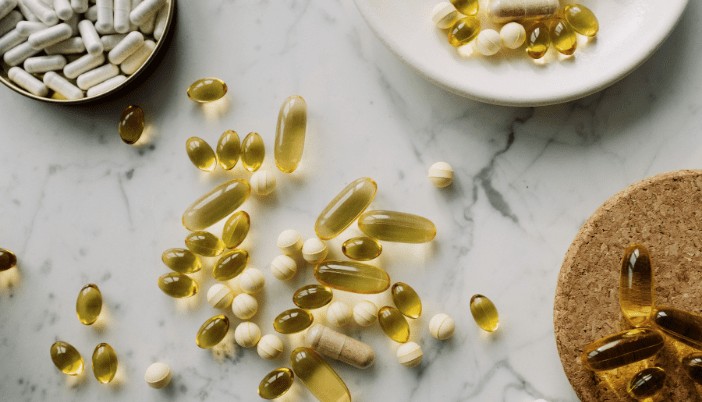
Vitamin D is essential and important to any diet, especially if you live in a cloudy place or stay indoors. The vitamin D that is added to processed food tends to be vitamin D3, although vitamin D2 can be added instead, and is 100% plant-based.
Many nutritional studies have shown D3 to be superior to D2. In general, plant-based D3 is available but hard to find.
Recent innovations have allowed D3 refined from lichen to come to the market, which is totally plant-based. This is great news for vegans!
Not all vegans avoid lanolin-derived vitamin D. Shearing doesn’t kill the sheep, so many vegetarians do not avoid animal byproducts like lanolin.
The amount of vitamin D3 found in cereals is minimal, so some vegans and vegetarians argue that this is a negligible amount.
However, the great amount of cruelty involved in mass-production of lanolin means that many vegans who are passionate about animal welfare avoid this product altogether. So what is lanolin?
What is lanolin?
Lanolin is a waxy type of fat derived from sheep’s wool, often called wool fat. Sheep produce lanolin naturally, to moisturize their wool and keep it water-resistant.
Human beings produce similar products on the scalp and the skin, to protect the skin and hair from the environment and prevent breakage.
Because lanolin is similar to our natural skin secretions, it’s used in many moisturizers and emollient creams. Lanolin is often used when breastfeeding to ease breast pain.
To extract lanolin for commercial use, mass-bred and farmed sheep are sheared of their coats. Their raw wool is treated with soap, and then the lanolin is isolated using a centrifuge.
Afterwards, both the wool and lanolin will be further processed.
Why is lanolin not vegan?
Many vegans feel that sheep are mistreated in the mass-production of wool and lanolin. This industry is one and the same, and both share some troubling practices.
Though sheep can live almost up to two decades old, the majority of sheep in mass-production are slaughtered before they reach age 7. Even though sheep produce wool continuously, the level of wool and lanolin they produce reduces with age.
After a certain point they are considered non-profitable, leading to their slaughter.
In industrial farming, sheep are often exposed to painful procedures without anesthetic, something that many vegans feel is inhumane. After birth, lambs have their tails cut off and male lambs are castrated without anesthetic.
This is because anesthetic can be costly and time-consuming.
Shearing itself also carries the risk of injury, because it is performed as quickly as possible in the for-profit wool and lanolin industry. Many sheep are injured each year, and the process is done before sheep naturally shed their winter coats.
As a consequence, many sheep die from cold after the premature shearing of their coats.
Vegans argue that because many of these processes are done to improve profits, it is ethically important to avoid products that use them.
Is sugar vegan?
White sugar is usually processed by using bone char, sometimes listed as natural carbon. The bone char is generally sourced from cow bones from cattle farming, so this is not suitable for vegans.
Not all white sugar uses this process. But in commercial production, bone char is easily and cheaply available.
More troubling, if you are trying to follow a vegan diet and want to know if your sugar is vegan, is that white sugar is often sourced from various manufacturers. Tracking the source of your sugar can be difficult, so it can be impossible sometimes to track whether your sugar is vegan or not.
Is any raisin bran vegan?
Raisin bran, when considered as a natural meal, can form a totally plant-based breakfast. There are many vegan brands to choose from.
No products found.
However, making your own vegan raisin bran can be simple. Finding vegan bran flakes can be easier than finding vegan raisin bran, so if you combine this with your own raisins and sultanas, you’re likely to end up with a totally plant-based meal with less sugar.
How to make vegan raisin bran at home?

Although not too difficult, making bran flakes entails more effort than simply buying vegan bran flakes. However, bran flakes are often naturally vegan, and without additives you can mix sultanas, raisins and bran to create your own raisin bran that is completely vegan-friendly.
By making this at home, you can customize the flavor, adding fresh fruit, seeds, or even vegan trail mix.
You can also make your own bran flakes, using farmer’s bran, flax, flour, salt, a sugar source such as maple syrup, oil and water. By mixing these into a dough, and then rolling them out onto a tray and baking until crisp, you can create a large crispy sheet of bran that you can then break up with tools or even with your hands.
Is raisin bran cruelty-free?
Glycerin and sugar may be sourced from slaughter industries, depending on the brand. As a result, these won’t be considered vegan-friendly or cruelty-free.
Although lanolin can potentially be a natural byproduct of sheep shearing, lanolin is a major industry of its own. As it is used in makeup and cosmetic goods, the escalating need for lanolin is met with more wool production and thereby more animal cruelty.
This is because wool is a slaughter industry with inhumane practices, and as a consequence, lanolin is not cruelty-free.
Is raisin bran vegetarian?
Many vegetarians do not avoid the consumption of products containing certain animal byproducts, or products isolated with animal byproducts. In this case, vegetarians can eat raisin bran, as sheep do not die as a direct result of lanolin production because it is obtained from their wool.
However, some vegetarians still believe strongly in animal welfare and will avoid products associated with animal cruelty such as lanolin.
Because lanolin and wool are slaughter industries in particular, many animal welfare activists argue that the use of mass-produced lanolin perpetuates cruelty against sheep, and their mass slaughter.
